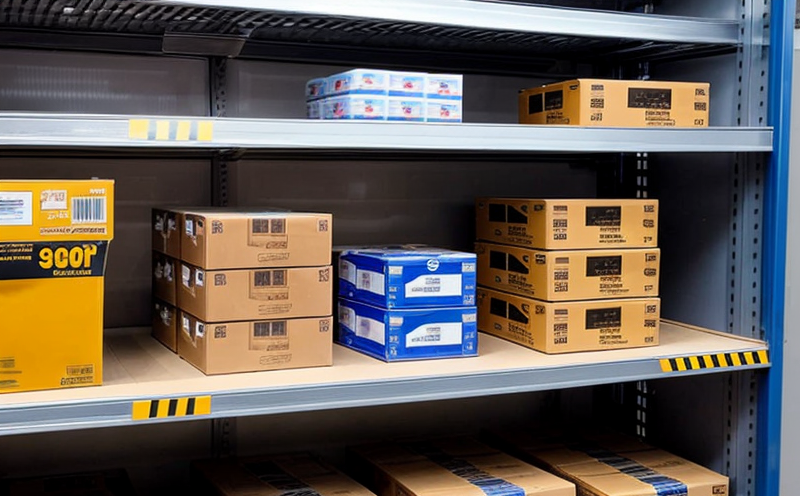ASTM F88 Seal Strength Testing Validation Method Development Test
The ASTM F88 standard provides a validated method to determine seal strength in the packaging of medical devices. This testing is crucial for ensuring that the packaging can withstand the rigors of transport, storage, and handling without compromising the integrity or safety of the contained product.
Seal strength testing is particularly important for medical device manufacturers because it ensures that the packaging remains intact throughout the supply chain. In this test, samples are subjected to a peel force using a mechanical tester in accordance with ASTM F88 procedures. The test helps identify any weaknesses or defects in the seal that could lead to product contamination or premature failure.
The first step involves selecting the appropriate specimen type and size according to the ASTM F88 standard. This ensures consistent results across multiple tests. Once selected, specimens are prepared by adhering them to a backing material if necessary. The next step is to calibrate the testing machine to ensure accurate measurements.
The test itself involves applying a controlled peel force to the seal using a fixture designed to simulate real-world conditions such as handling and transport stresses. The force applied during this process must be carefully controlled according to ASTM F88 specifications. After reaching the specified load, the sample is held for a short period before peeling begins.
The peel rate should also follow ASTM guidelines to ensure accurate measurement. Once the seal has been peeled, the results are recorded and analyzed. Compliance with ASTM standards ensures that the test meets regulatory requirements and provides consistent, reliable data across different laboratories.
It is important for quality managers, compliance officers, R&D engineers, and procurement teams to understand these details when selecting a laboratory for seal strength testing. By choosing a reputable lab like ours, they can ensure accurate and repeatable results that meet all necessary standards.
- Medical Device Manufacturers: Ensure product safety and compliance with regulatory requirements.
- Laboratories: Provide reliable testing services to support your quality control processes.
- R&D Engineers: Validate new packaging designs before market release.
Industry Applications
The ASTM F88 seal strength test is widely used across various industries, particularly those involved in the production and distribution of medical devices. Here are some key applications:
- Pharmaceutical Industry: Ensuring that drug delivery systems maintain their integrity during transport.
- Dental Device Manufacturers: Verifying that dental implants, trays, and other components remain sealed throughout the supply chain.
- Veterinary Product Companies: Guaranteeing that animal health products arrive at their destination in pristine condition.
- Biotech Firms: Confirming that biopharmaceuticals are protected from external contaminants during transit and storage.
Competitive Advantage and Market Impact
By investing in ASTM F88 seal strength testing validation, your company can gain several competitive advantages:
- Enhanced Reputation: Demonstrating commitment to quality and safety.
- Increased Customer Trust: Providing assurance that products are handled correctly from production to delivery.
- Regulatory Compliance: Ensuring adherence to international standards like ASTM F88.
- Differentiation in the Market: Offering more reliable and safer packaging solutions.
In today’s competitive market, these factors can significantly enhance your brand image and customer satisfaction levels. By leveraging ASTM F88 seal strength testing validation, you position yourself as a leader in product safety and quality control.
Use Cases and Application Examples
Here are some real-world use cases where ASTM F88 seal strength testing plays a critical role:
- Dental Implant Packaging: Ensuring that the packaging remains intact during transport to prevent contamination.
- Veterinary Drug Bottles: Guaranteeing that the bottles maintain their integrity throughout storage and shipping.
- Biopharmaceutical Shipment Containers: Verifying that containers can withstand various environmental conditions without compromising product safety.





